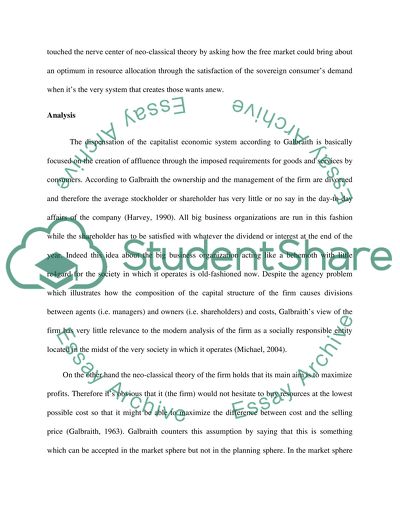Cite this document
(Running Business Like a Government Research Paper, n.d.)
Running Business Like a Government Research Paper. Retrieved from https://studentshare.org/macro-microeconomics/1506524-modern-market-economies
Running Business Like a Government Research Paper. Retrieved from https://studentshare.org/macro-microeconomics/1506524-modern-market-economies
(Running Business Like a Government Research Paper)
Running Business Like a Government Research Paper. https://studentshare.org/macro-microeconomics/1506524-modern-market-economies.
Running Business Like a Government Research Paper. https://studentshare.org/macro-microeconomics/1506524-modern-market-economies.
“Running Business Like a Government Research Paper”, n.d. https://studentshare.org/macro-microeconomics/1506524-modern-market-economies.


